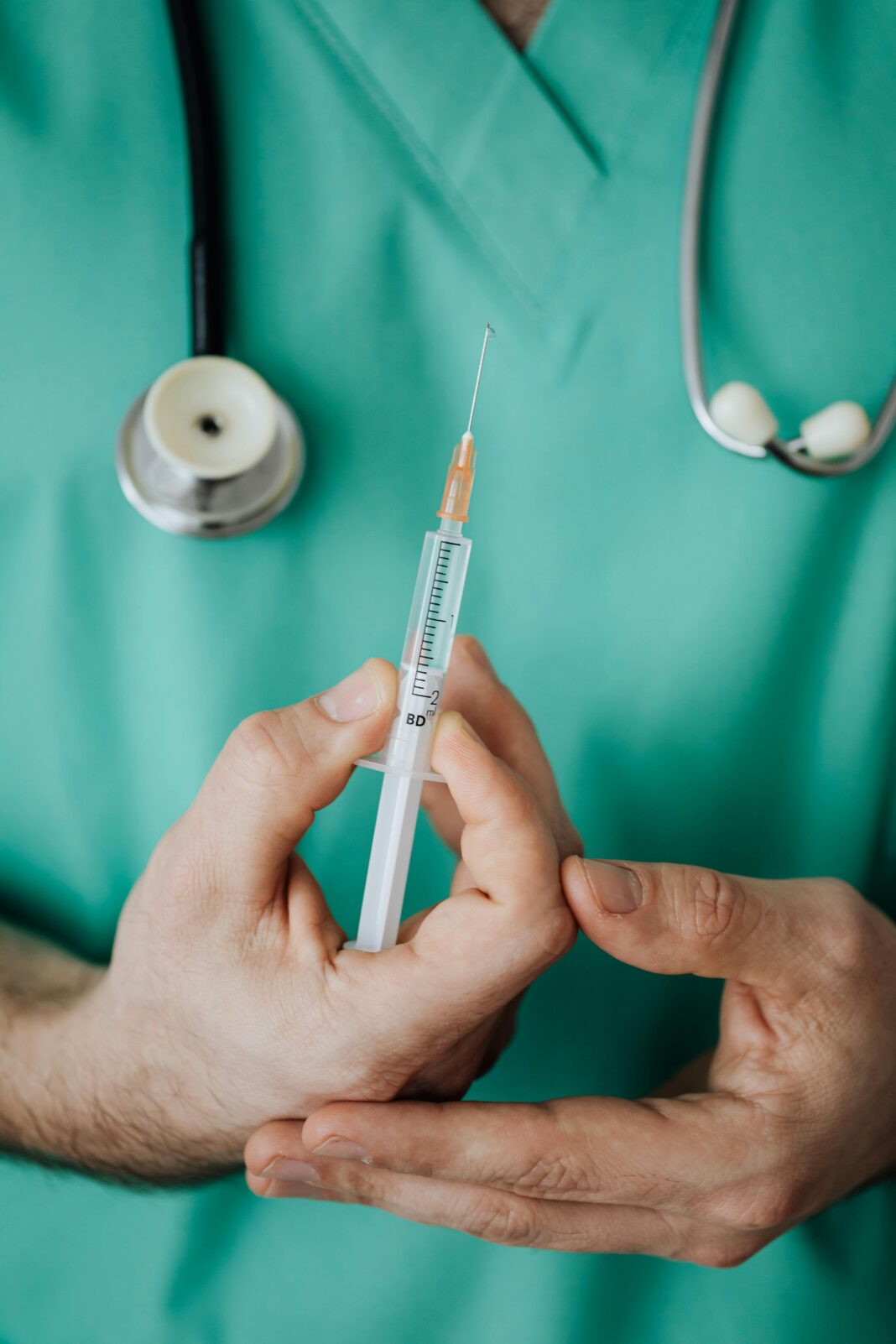Many travellers depend on PrEP (pre-exposure prophylaxis) to reduce their risk of contracting HIV when having sex. When taken as prescribed, it reduces HIV risk by 99 percent, though, unlike condoms, the medication doesn’t protect against other sexually transmitted infections.
PrEP first came on the market in 2012 in the United States, when Truvada (emtricitabine and tenofovir disoproxil fumarate) was approved for use; Canada and Europe approved the drug in 2016. Over the last 13 years, the once-a-day pill has become more widely available through private health insurance and government programs around the world, and another type of once-a-day PrEP, Descovy (emtricitabine and tenofovir alafenamide), has come onto the market.
In 2021, the United States approved Apretude (cabotegravir), a form of PrEP that’s injected by a healthcare professional every two months. (Injectable PrEP was approved in Europe in 2023, Canada in 2024.) Like the one-a-day pill, it has been slowly picked up by more and more insurers and government programs, and word of it has spread among gay and bi men.
“We are now at a state where most private payers are covering it and the government now includes it in its formulary, so uptake has started to grow and we are seeing an incline of interest,” says Drew Schonbe, a.k.a. Pharmacist Drew, a certified HIV pharmacist and the founder of The PrEP Clinic.
Like the one-a-day pill, injectable PrEP has its pros and cons. For many travellers, injectable PrEP may make life easier. But there are caveats, too.
“It is a totally new class of medication compared to Truvada or generic Truvada or Descovy, which are all very similar medications,” says Dr. Caley Shukalek, chief medical officer of Alberta-based PurposeMed, a virtual care platform that connects healthcare providers to patients in underserved communities, including through its brand Freddie, which prescribes PrEP online.
After each injection, Apretude stays in the body over a defined period of time at a level high enough to protect against HIV infection. New patients receive their first injection from a doctor, nurse practitioner or other clinician, then go back one month later for a subsequent injection to ensure the medication is at a high-enough level. Then the shot is given every two months, no pills necessary. There can be bruising and tenderness around the injection site, though those symptoms usually decrease over time.
There are several upsides to the injection. “Some people do not want to take a pill every day. Some people forget,” says Schonbe.
Secondly, it means patients never have their medication in their possession except if they pick it up at the pharmacy, to take it to their healthcare professional for their injection appointment. “What I hear in the academic space, as well as directly from patients, is that a lot of people like the discretion of it,” says Shukalek. “They don’t have to carry their HIV prevention with them and so they don’t need to explain why they have a pill or why they are taking a pill.”
This is particularly handy for travellers who may be going to a country that has laws or stigmas around HIV or laws and stigmas around homosexuality. Sexually active gay and bi travellers may feel relieved not to have to answer questions about the pills in their luggage or have border security agents deduce their sexual orientation from their medication. They don’t have to worry about a family member, hotel staff or law officer discovering they’re actively protecting themselves from a sexually transmitted infection.
“If you are going somewhere where it is illegal to have HIV medication, and you are there for a month and you got your injection, you can be comforted knowing that you have protection while there,” says Shukalek.
On the other side of the equation, the injections needed to be given by a healthcare professional—unlike a pill, you can’t pop a needle on your own. Trips of more than a couple of weeks that coincide with an injection appointment will require extra planning. When a patient starts taking injectable PrEP, they’re given a target date that remains consistent every two months. If the first injection is on the 15th of a month, all subsequent ones should also be on the 15th. But there is some wiggle room—the shot can be given as much as a week earlier or a week later than the target date, so in this example, between the 8th and the 22nd.
Shukalek said that if a traveller is planning a trip that has them away from home during the two-week period around the target date, they should talk to their healthcare professional, who may “try to stagger that injection dose or try to figure out the timing of that dose so you have the most time in terms of protection. But most [professionals] would not give the dose earlier than a week.”
If it is not possible to move the shot date enough to be effective, Shukalek says there is a pill version of the medication—“a different brand name, but it’s the same drug”—that can be taken to cover the time until the next injection is possible. He says these pills can be prescribed by a healthcare provider and can be taken for up to two months, although a healthcare professional might determine that the patient needs to take an additional injection upon their return if they have been on the temporary medication for too long. Shukalek says patients also have the option of taking Truvada, generic Truvada or Descovy to cover the gap if it is not possible to make arrangements before the trip.
“If you were late, you could start taking Truvada again or borrowing PrEP. It is a different medication, but when you take it as prescribed, and that is most often daily, it is going to offer you very good protection,” says Shukalek.
It’s one of the ironies of injectable PrEP—it’s more convenient for travellers, but only up to a point. “The odd thing is that if you are going to be travelling for a while, you would switch to pills,” says Schonbe. His clinic provides patients starting injectable PrEP with the tablet version “Not only for travel, but just in case something comes up, or they are unwell or not able to get their bi-monthly injections. That way a person does not need to start the whole process again.”
The window of being abroad may get bigger soon. In June 2025, the Food and Drug Administration of the United States approved Yeztugo (lenacapavir), a PrEP medication that requires only two injections a year—one every six months. (In September 2025, it had not yet been approved in Canada and Europe. Shukalek predicts that Canada may approve it by early 2026.) Though the drug is still pricey and not yet widely covered, it would allow travellers to be away from their home healthcare professional for much longer periods of time without having to worry about stopgap measures.
Getting medication to prevent or treat sexually transmitted infections while abroad can be tricky.
Schonbe says travellers should pre-plan before they leave, so they understand how to navigate sexual health issues while they are away, especially when visiting somewhere remote or where accessing care might be challenging.
For example, language barriers may prevent travellers from explaining what they need—or the medication may have a different name in the country being visited. Some pharmacists may not understand a prescription—or may understand it and morally disapprove. Schonbe says it can help to ask the prescribing doctor in your home country to add additional context or very clear directions on the prescription, so a local pharmacist understands what is being requested. Another approach is to take along information and resources to share with pharmacists about the medication and the reason for its use.
“If you are going somewhere and there are health-related needs, you should be mindful of the resources and the accessible services before you go, so you are not scavenging or stressed out or worried when you are there,” says Schonbe.
There is another strategy if someone runs out of PrEP in a foreign country. “I have to say that not being sexually active, and not engaging in any behaviours associated with HIV infection, also works really well,” says Shukalek. “But I am realistic that those things happen.”


